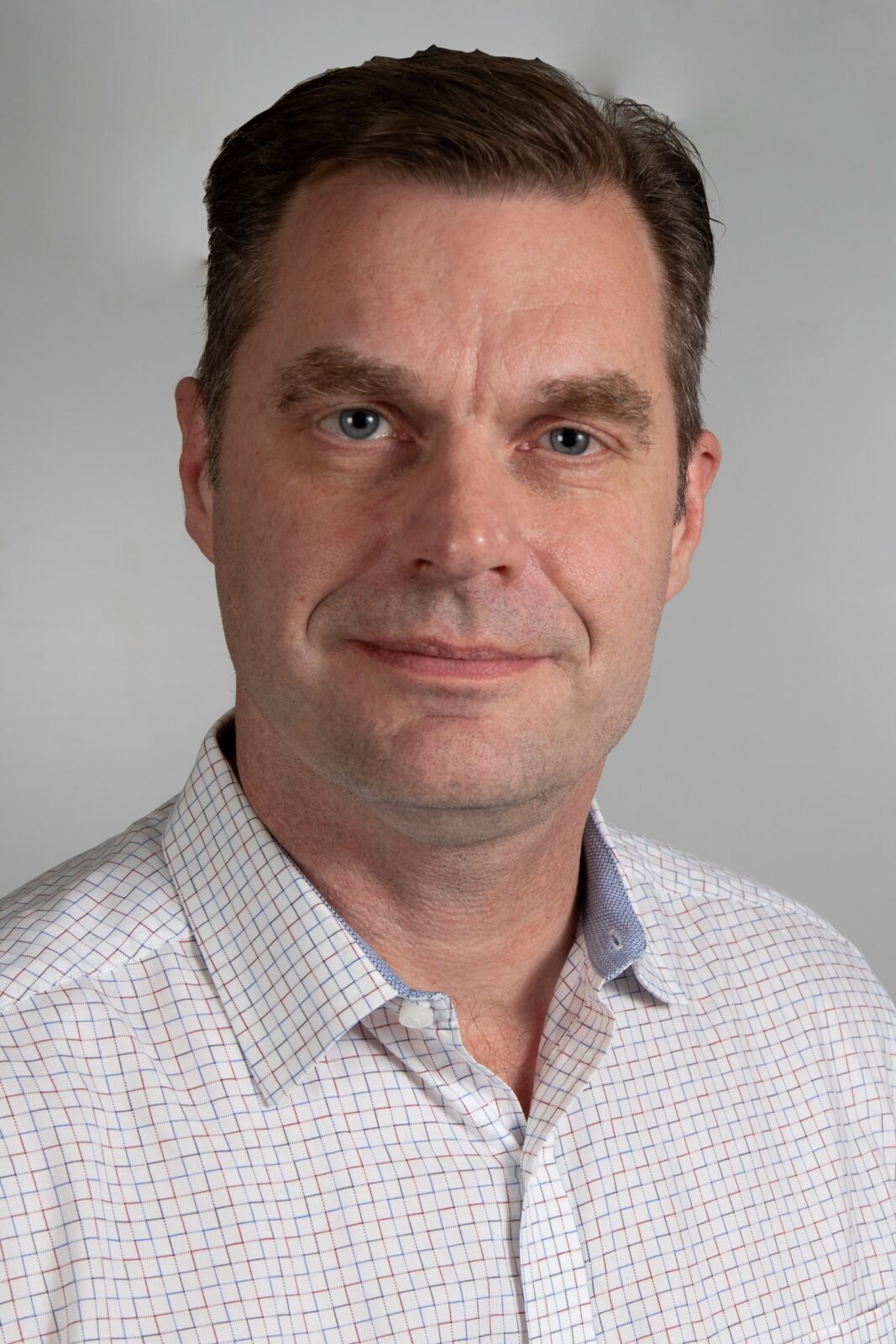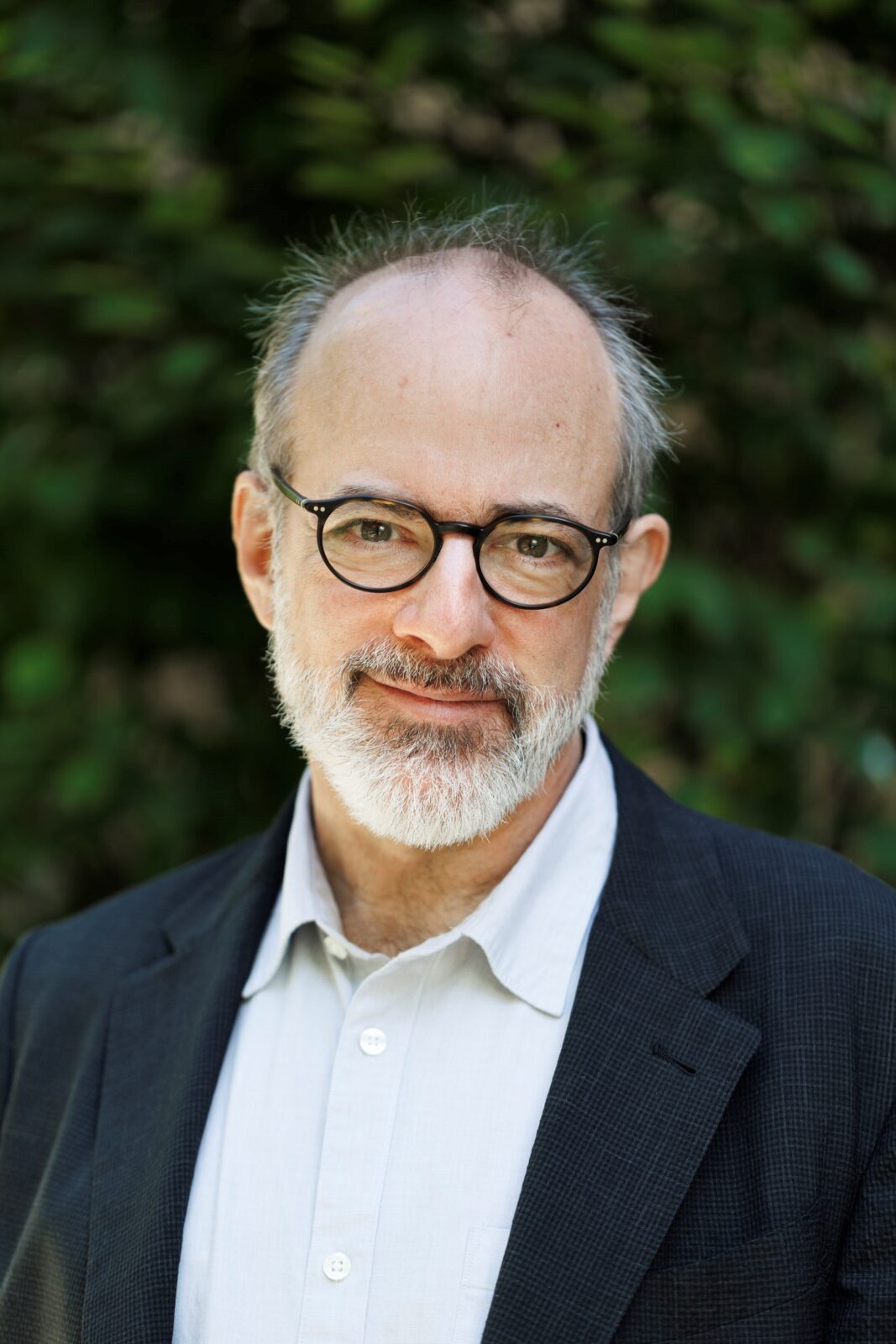Dear Registrants,
I am excited to be introducing the inaugural “member series” article of HeadLines, Zeitgeist, the first of its kind for the College. A strong College requires engagement from its membership in order to achieve its public protection mandate, and this is reflected in our new Strategic Plan. Psychology professionals possess an incredible amount of intellectual capital to share that can improve our service to the public. High quality psychological services are provided by our membership, and the College is honoured to take this next step in collaborating with our registrants to impart knowledge, to stimulate curiosity, and to strengthen the psychology community. Simply stated, we serve the public more effectively when we leverage the collective wisdom and expertise of our membership. Without further ado, I hope you enjoy our first edition which is authored by Drs. Bieling and Antony.
Sincerely,
Tony DeBono, MBA, Ph.D., C.Psych.
Registrar and Executive Director
Musings About the Future of Psychology Practice in Ontario
Peter J. Bieling, Ph.D., C.Psych.
Martin M. Antony, Ph.D., C.Psych.


Has this ever happened to you? You’re leaving the office after a longish day, and think to yourself, “there’s not enough of us; there never will be enough of us.” You know in your bones that these statements are true; waitlists are uncomfortably long and psychology positions often go unfilled. Furthermore, incremental improvements in the supply of new psychology prfessionals won’t make a difference, because we’re off by such an order of magnitude. The shortage of psychologists and psychological associates (and other mental health professionals) was already a problem pre-COVID, and now the problem is many times greater. After mulling over the shortage with no solution, you blessedly arrive at home, and some of those comforts and habits allow you to slip back into blissful denial, until of course the next workday arrives and the facts remain about as stubborn as they were yesterday. What can we do, knowing that our profession exists to serve the public good when at the same time what we do cannot possibly meet the demand, at least not without a huge investment in recruitment and training?
We don’t have all the answers, but mulling the possibilities seems worthwhile, at least at the level of a thought experiment – starting with the practical to fanciful. The low hanging and yet still challenging answer may be to double down on our contributions to training. While many College registrants are already feeling the strain of much too much to do, we may want to look at what contributions we can make to enhance training of the next generation(s). Not that finding more time for consultation and supervision is going to be a cake walk, but we all know those parables about how much more work can be done when our expertise and accumulated wisdom is leveraged through learners; indeed it may be worthwhile to cut back on other things to achieve this future gain. Erickson talked about the mental health benefits of “generativity,” a later developmental stage in which we rise above our personal interests to focus on guiding the next generation.
Second, and professionally dear to the two of us, are programs like the Ontario Structured Psychotherapy (OSP) program. Discussing OSP in detail would be a bit beyond the scope here, but in a nutshell it’s a short-term, publicly funded, stepped-care program that provides cognitive-behavioural therapy (CBT) for anxiety-related problems and depression to individuals across the province of Ontario. And, unlike past programs and funding announcements that give money for some set purpose, but lack a feedback loop to check whether that program is making a difference (or even implemented at all), OSP comes with detailed guidelines that outline how the program is to be implemented, and weekly outcome assessments to measure both symptom reduction and functional improvements. OSP really is different than previous programs in the province; every aspect of OSP is carefully and consistently applied based on evidence-based principles and measurement-based care. Indeed, for the first time we can remember there is a built-in, “on the job” training component for therapists to become competent in CBT. OSP treatment providers come from a number of professions (e.g., social workers, registered psychotherapists, nurses, occupational therapists, psychology professionals) but psychological science plays a central role in the training and oversight of the work.
The province is contemplating following a similar model for funding additional new services in the mental health and addiction area. It’s less clear that there would be a way to apply this approach after the fact to existing programs, but we would suggest that it should at least be considered. Because OSP is evenly applied across regions of Ontario, it sheds light on what residents in those regions do not always have access to. One example is Dialectical Behaviour Therapy (DBT) – an important, evidence-based treatment for borderline personality disorder and other chronic and debilitating conditions characterized by severe emotion dysregulation. Yet, a satellite image for DBT offerings in the province would show these services huddled mostly around our largest urban centres. In addition, DBT requires model fidelity to be effective, and under current arrangements, “DBT” seems to mean different things, depending on the provider, the agency, or the client population. The lack of access to DBT across Ontario seems like a missed opportunity, and being more systematic around this intervention dovetails nicely with the value of public protection and making the most of public health spending.
As innovative as OSP may seem, there’s also something about it that is decidedly not revolutionary. Indeed, a program like OSP should probably have been around all along. Who can argue with offering the right treatment to match a client’s needs, making sure that the people delivering the care are equipped to do so, and measuring the results. Seems like common sense in the scientist-practitioner model many of us grew up in. What can we do to move the needle forward? The answer isn’t clear just yet, and requires a speculative kind of futurism. But surely, expanding our necessary reach will be, in part, rooted in technology. Indeed, that is already happening.
Next, we pose questions, more than answer them. However, we feel optimistic that despite the challenges, there are significant opportunities around the corner that would make initiatives like OSP seem like the equivalent of a rotary land line.
First, we ask what role can social media play? Despite the frustration, division, and misinformation these platforms sow, we also have to acknowledge that they reach billions of people. And it’s not all bad. From these same apps – one swipe away – we learn about recipes, travel destinations, and cool skateboard tricks. Even the smallest dive into these apps will show that messages about mental health topics occur all the time. Many of them we’d surely question, but the “top 5” signs of “whatever” are enormously popular and impactful. So, we ask, is it possible to make responsible, helpful, and impactful psychological content for social media? If the answer is no, we have to acknowledge that we are leaving this domain of influence to others. And if we don’t like the mental health Tik-Tok feed, isn’t there some imperative to add to or counter it? Could there not be a world in which, thanks to that magic algorithm, a user sees a sensitive and sensible message about their mental health that gives them reflection and food for thought, and starts them on a road to self-discovery that leads to pursuing needed treatment? Or, perhaps there is a way to reach them with a simple message, a parenting hack, or a message about assertive communication that could make a difference right now. We are of course not advocating for psychotherapy by social media (though keep reading; that’s sort of coming next), but perhaps there can be a social media world in which the collected body of psychological science and knowledge actually plays a helpful role.

“…is it possible to make responsible, helpful, and impactful psychological content for social media?”
Finally, we turn out attention to the much bigger and murkier topic of artificial intelligence, particularly large language models. We invite the reader who hasn’t tried it yet to check out ChatGPT, and ask it a question related to a psychotherapy topic of their choice – perhaps, how do I deal with an irrational fear, or what are the different types of trust that are important in relationships? You will likely find that the response is not too bad. And yes, under certain circumstances these Chatbots get things wrong and “hallucinate.” But we can expect these problems to be solved over time by companies that have billions of dollars at stake. Alongside this text output, the ability of computers to learn to speak aloud exactly like us off a very small training set is advancing too. It’s already available on your phone.
Now imagine having a large language model train off your own written works, and better yet, off your therapy recordings. Could that piece of tech do a credible imitation or impression of you with a new case? This is something of an empirical question, of course, but we suspect this possibility to be not too far off. And it wouldn’t stop there. A “avatar” could be created that would be the sum of not just your abilities and experience, but those of many psychology practitioners, accumulating knowledge and skills that any one of us humans would not be capable of.
Will psychology of the future find itself in a space that looks more like an air traffic control centre, watching over many, many courses of therapy and intervening only when the system signals something that’s unexpected? Dystopian? Maybe, but remember the option of having enough of us to do this work is not on the table, and there’s no reason to think those of us happy in the work we already do couldn’t continue on as we wish.

The world of a virtual therapist could be great for public access. There would be very few incremental costs for copies of the therapist avatar. Such a service would be convenient for clients to use at any time of day or night; no more driving; no parking costs. Therapy could take as long as it needs to, with no need to find mutually agreeable appointment times. Moreover, a virtual therapist would have none of the very human frailties and proclivities that underlie the most vexing cases of unprofessional behaviour. Not that they’d be perfect of course; but their weaknesses would not come in those kinds of lapses.
No doubt, questions will swirl in the mind, including musings about regulations, human connection, protected acts, and many an ethical dilemma that would need to be weighed. Meanwhile tech/health companies are already working on this– they’ve sized up this market, they’ll carefully maneuver around regulations and regional constraints, and they’ll work anything else out in court rooms. The market is just too big not to try, and we acknowledge that market forces are not always benign.
We know this is a conversation just getting started and the range of possibilities remains very large. But we are certain that College members need to be engaged in these efforts to shape this coming revolution.
_____________________________
Peter J. Bieling is a psychologist at St. Joseph’s Healthcare Hamilton, a professor in the Department of Psychiatry and Behavioural Neurosciences at McMaster University, and a clinical consultant in the Ontario Structured Psychotherapy Program.
Martin M. Antony is professor and chair of the Department of Psychology at Toronto Metropolitan University, and provincial clinical and training lead in the Ontario Structured Psychotherapy Program.